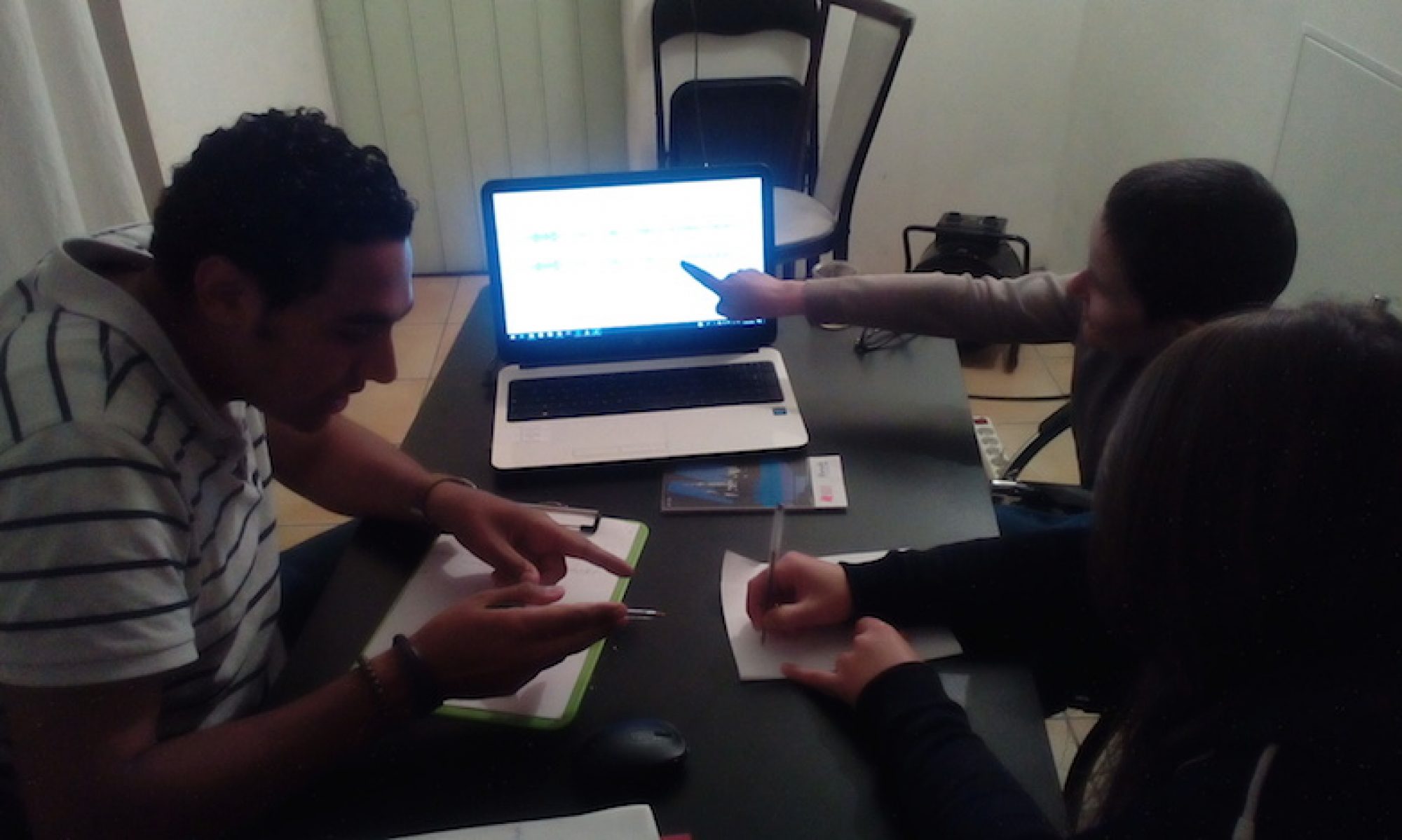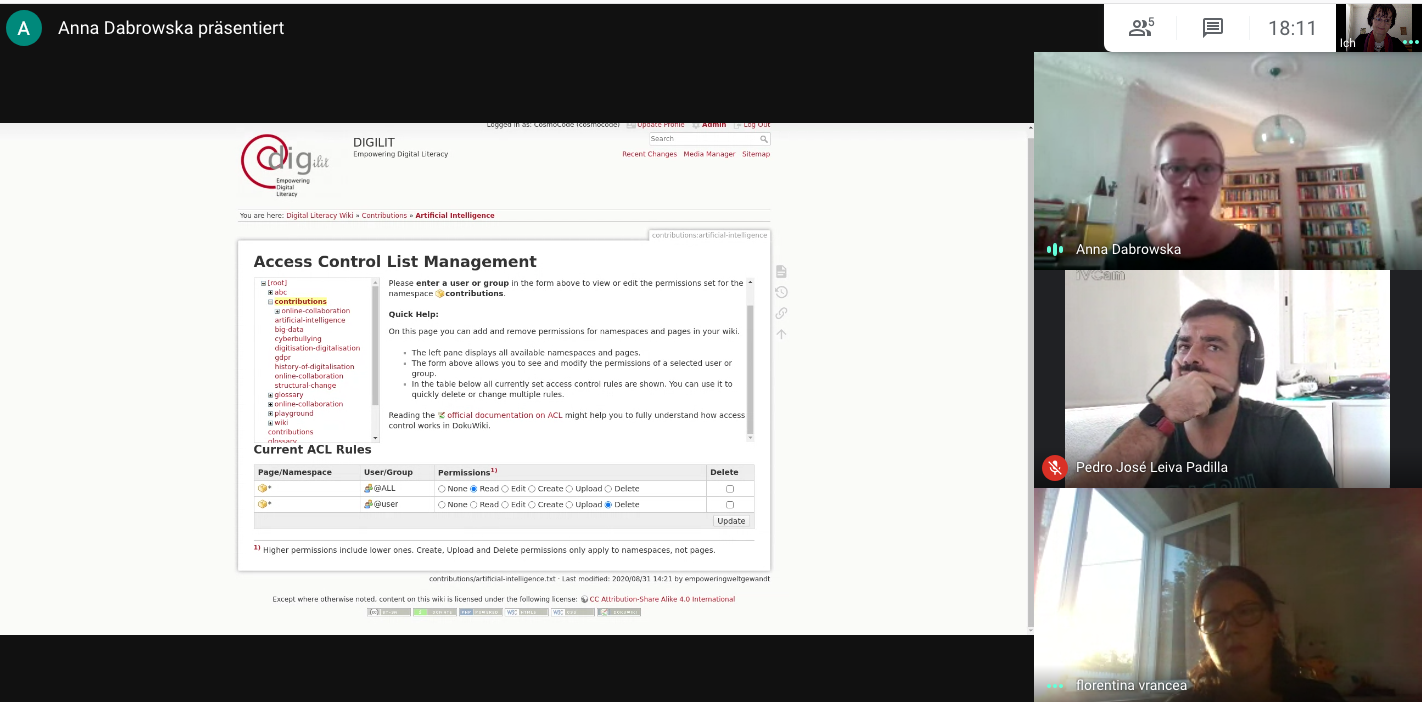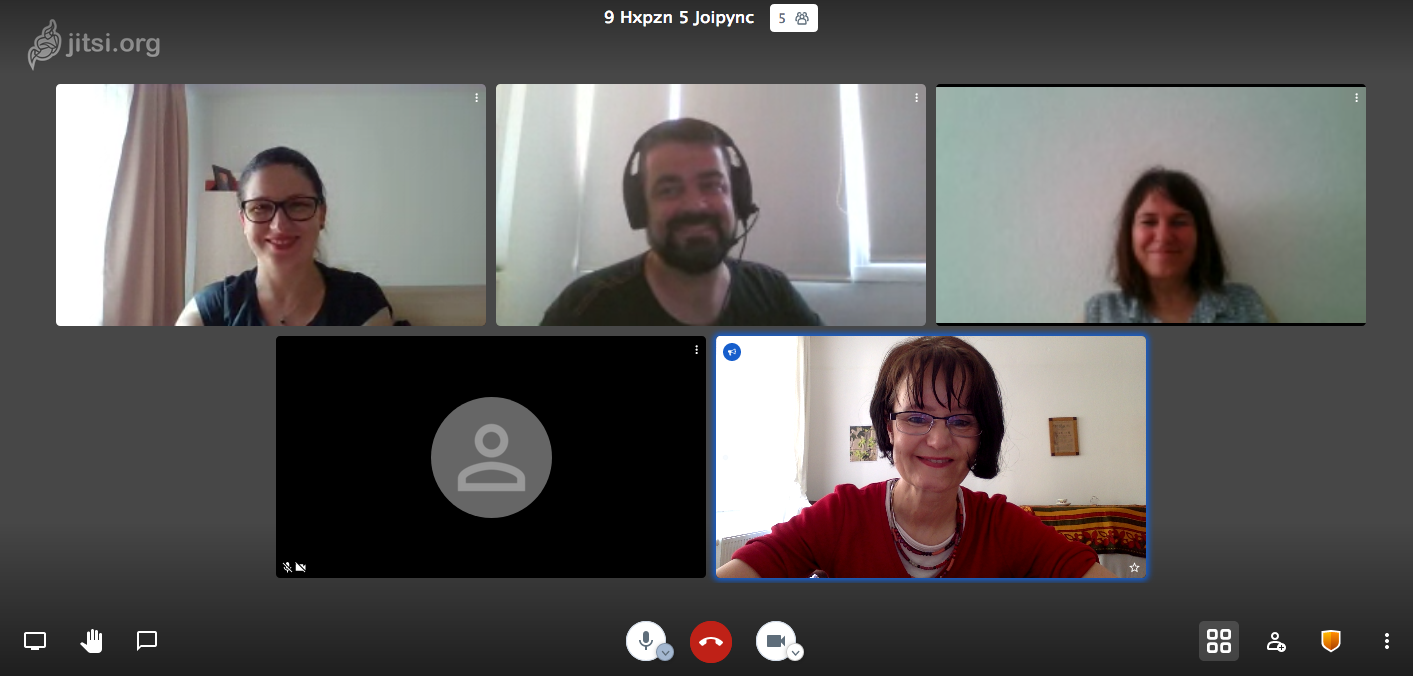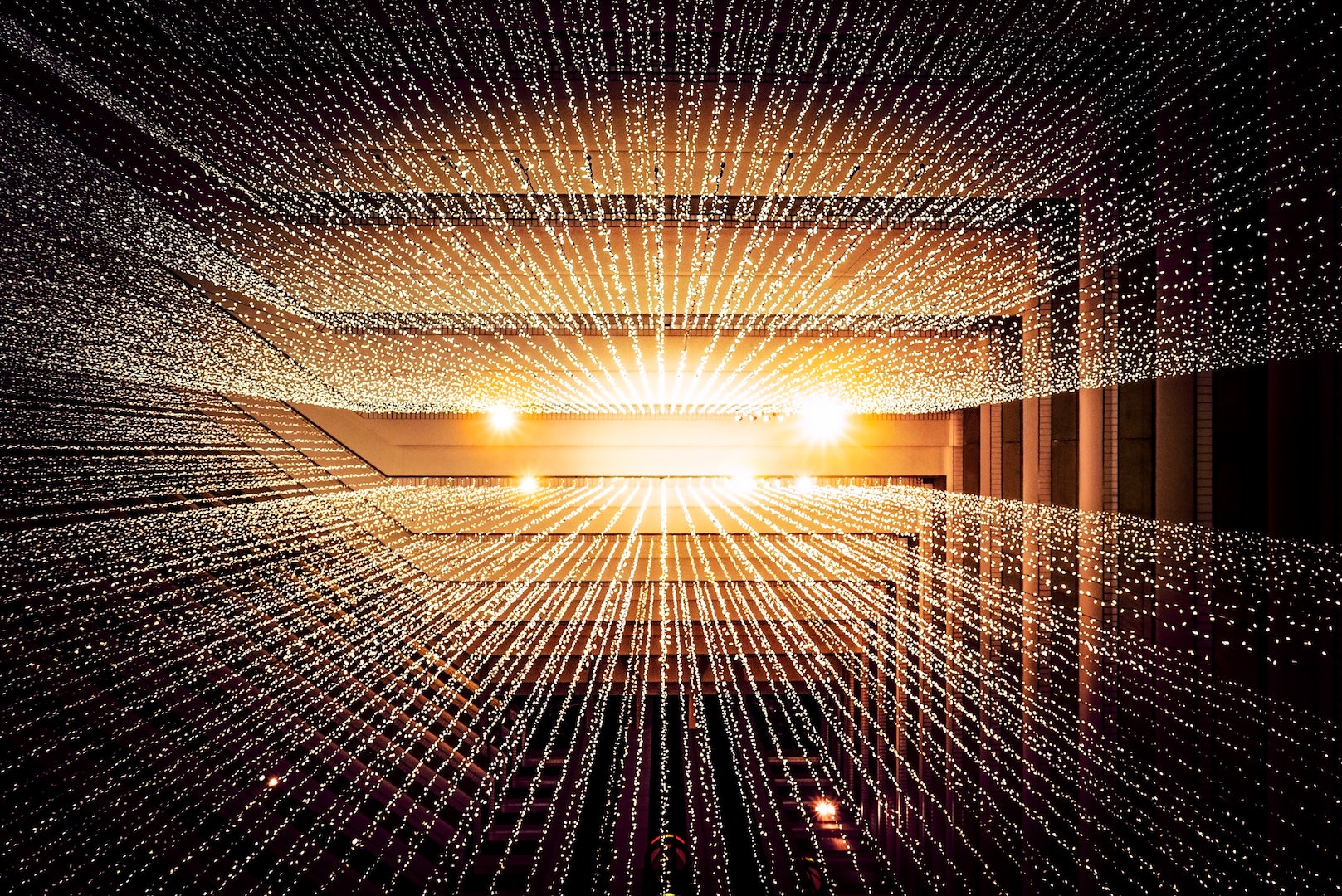What is it about?
We are experiencing a world in transformation. This includes digitalisation. The corona pandemic is increasing the use of digital means for communication and business. This is not only a technological change, it also affects the individual’s behaviour, the ways of living together, society and politics. To understand the new, to meet it confidently, to develop digital maturity is a learning task for everyone. Hence this Wiki.
Who is this platform for?
Adult educators and European citizens with an interest in society, politics and the future.
What do we offer?
We understand digitalisation as a process that presupposes and promotes technological change, brings change for the whole society and is politically framed. Digital literacy does not mean adapting to technological change in the best possible way only. Acquiring technological knowledge and skills goes along with developing an awareness of the various dimensions of digitalisation and to ask how it can be shaped so that digitalisation serves the well-being of all. To this end, we offer various considerations. Moreover, the contributions contain descriptions of formal and non-formal training methods. They were tested in joint workshops to be applied in adult education.
Who informs?
The authors are adult educators from Germany, France, Romania and Spain. The idea of this cooperation is combining our different competences as IT teachers, engineers, psychologists and social scientists and work with both formal and non-formal methods for adult education.
Enjoy reading. Write comments. Get in touch with us.
Photo by Joshua Sortino on unsplash.com



